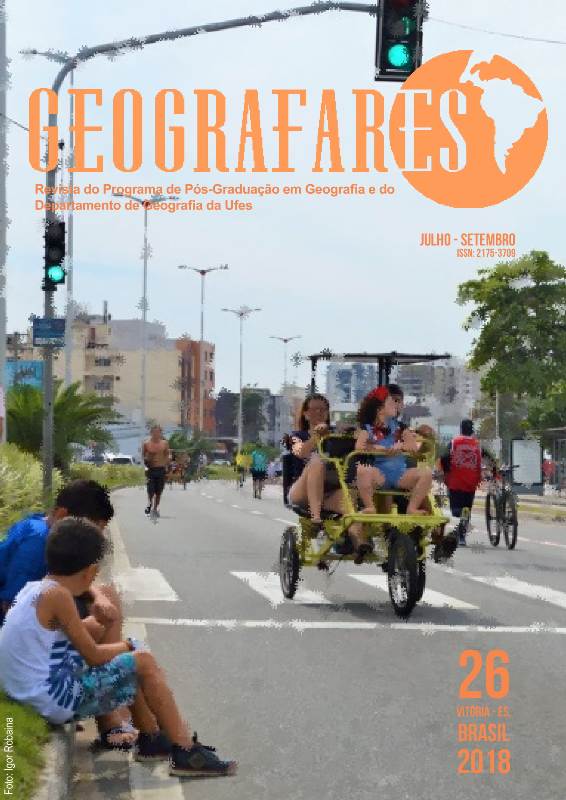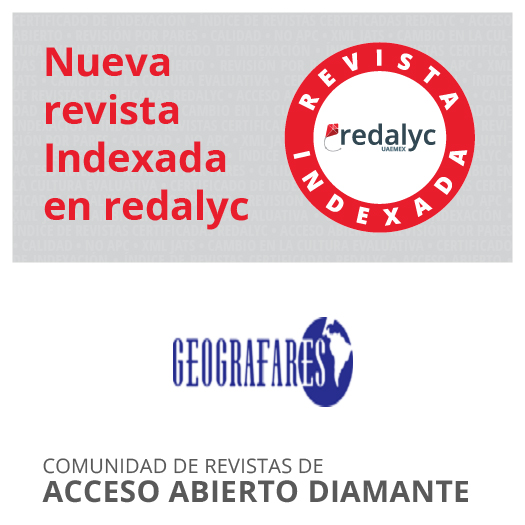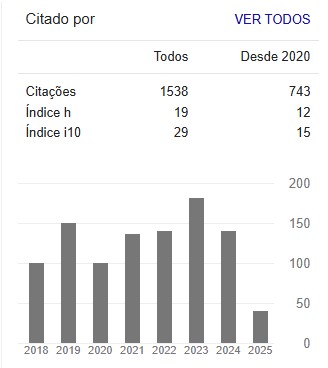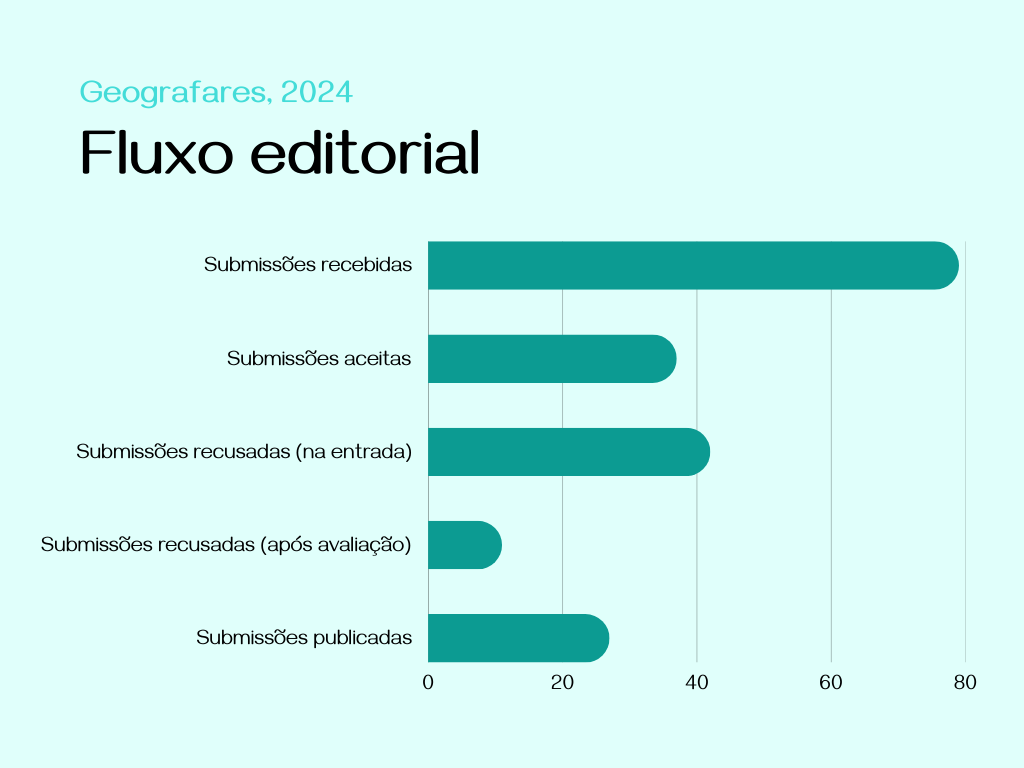La participación en la construcción de espacios políticos por los umbandistas en el municipio del Río de Janeiro: visibilidad, reconocimiento y representatividad política
DOI:
https://doi.org/10.7147/GEO26.21001Resumen
En el Municipio de Río de Janeiro, la creciente intolerancia religiosa, la dificultad de acceso a los espacios públicos y de mantenimiento de los espacios privados, además de la necesidad de adaptación de las religiones a la Constitución Brasileña, vienen llevando grupos umbandistas a participar y / o construir espacios políticos y , en consecuencia, agendas públicas que tengan en cuenta las demandas materiales e inmateriales de las poblaciones involucradas, creando así condiciones espaciales que posibiliten visibilidad y efectividad de decisiones en un contexto democrático. En este sentido, el artículo trata de traer a la luz una reflexión sobre cómo los espacios políticos forman parte de las estrategias de los grupos umbandistas en el ejercicio de la ciudadanía en la ciudad de Río de Janeiro.
Palabras clave: Espacio - Política - Religión - Ciudadanía.
Descargas
Descargas
Publicado
Número
Sección
Licencia
Derechos de autor 2018 Geografares

Esta obra está bajo una licencia internacional Creative Commons Atribución 4.0.
Autores que publicam nesta revista concordam com os seguintes termos:- Autores mantém os direitos autorais e concedem à revista o direito de primeira publicação, com o trabalho simultaneamente licenciado sob a Licença Creative Commons Attribution que permite o compartilhamento do trabalho com reconhecimento da autoria e publicação inicial nesta revista.
- Autores têm autorização para assumir contratos adicionais separadamente, para distribuição não-exclusiva da versão do trabalho publicada nesta revista (ex.: publicar em repositório institucional ou como capítulo de livro), com reconhecimento de autoria e publicação inicial nesta revista.
- Autores têm permissão e são estimulados a publicar e distribuir seu trabalho online (ex.: em repositórios institucionais ou na sua página pessoal) (Veja O Efeito do Acesso Livre).




























